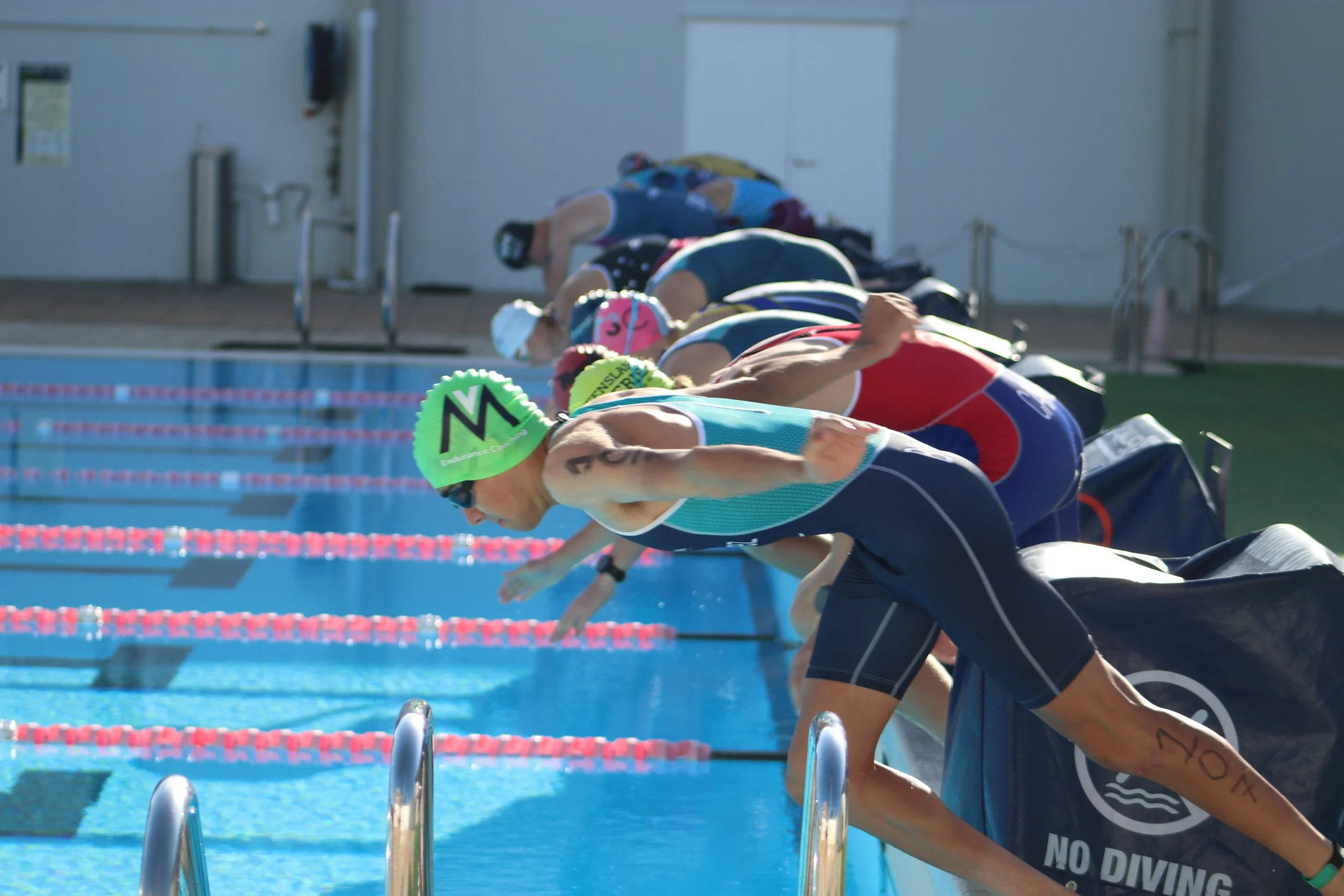Developing the Skills To Succeed: Learning to Learn
As coaches at the Momentum Triathlon Academy, we are constantly discussing how we can help our athletes learn. Similar to being a teacher, we see our role as facilitating education, improvement and helping the student or athlete become more proficient in a given task.
One thing that comes up regularly is the issue of 'learning how to learn.' For me, I certainly wasn't taught how to learn at school and it seems like this is something that is now becoming more commonplace, which is fantastic. Learning to learn is a skill that facilitates your learning across any subject or domain and opens up so much more than learning one particular task or skill. The goal of any great teacher should be for the student to eventually be proficient to the point that the teacher is no longer required to give instruction, as the student is now an effective problem solver.
So how does this apply to triathlon?
As coaches we see many athletes getting caught up on what they haven't yet learnt or aren’t yet able to do. Unfortunately, until we are able to copy Keanu Reeves and download a program into our brain, Matrix style, we have to suck it up and learn the old fashion way. This means practice, repetition and learning through experience are still the keys, but let's dive a little deeper into what it takes to become a good learner...
1. Be Curious. You don’t need to learn everything right now. Get curious about what you need to do in order make progress and realise that consistent curiosity and learning over time will get you a lot further than you thought possible when you first started. Patience grasshopper...
2. Work ethic. Be actively involved in learning how to improve. Work at it with your coach rather than simply delegating responsibility for your improvement to someone else. By delegating responsibility any progress will be lost over time without constant prompting and hand holding. Take responsibility for your work ethic.
3. First Learn the fundamentals and what is important. Understand that you will not be (nor do you need to be) skilled and excelling in the short term. Listen to those that you trust, learn what is important in order for you to improve and what order that learning needs to take place. Your fancy new bike or wetsuit will have little to no impact on your times if you aren’t swimming regularly for example. So get that sorted first. This is an oversight that many athletes make. As you practice, learn and master the fundamentals, THEN progress will come.
4. Get good at asking questions. Good questions get good answers and the quality of the questions you ask determines the quality of the answers you get. If you keep repeating a mistake, you can ask yourself, “what do I keep doing that makes this happen?”. At that point you are going back to point one above and becoming curious and a problem solver. Great athletes are hungry for their coaches to tell them how they can improve. One thing that particularly sets them apart from the rest, is that they don't wait for feedback, they seek it out. They ask questions and are deeply curious. They don't let an ego get in the way of their learning.
5. Use past experience from other areas. You have done other things in your life that can help you now. What you have learnt in other sports or perhaps work situations that can help you? Join those dots and find the similarities. Lucky for you at MEC there is a team of athletes around you that collectively has a huge amount of experience. Tap into that and you will quickly learn that you don’t have any excuses, just lessons to learn.
6. Observe others. Watch those who are successfully doing what you want to do. Even better is to observe someone with similar circumstances to your own. Find the nurse who manages night shifts and a full training load, find the parent who got into triathlon but now balances life, kids and their training. What did they do or have to change in order for that to work? This is far better than watching Flora Duffy or Kristian Blummenfelt knock out 6 swim sets per week and comparing to that, with your 2 - 3 swims per week. Be realistic and you will find answers that are relevant to you. The key is not to just focus on the outcome of others. A relatable story or process is what will help you most.
So... Be curious, work hard, learn the fundamentals, ask good questions, use past experiences and observe. Do these things instead of being a passenger in your own learning and development. Remember that you get out what you put in. The great thing about that is that you only have yourself to hold to account for what you achieve. Enjoy the learning!


